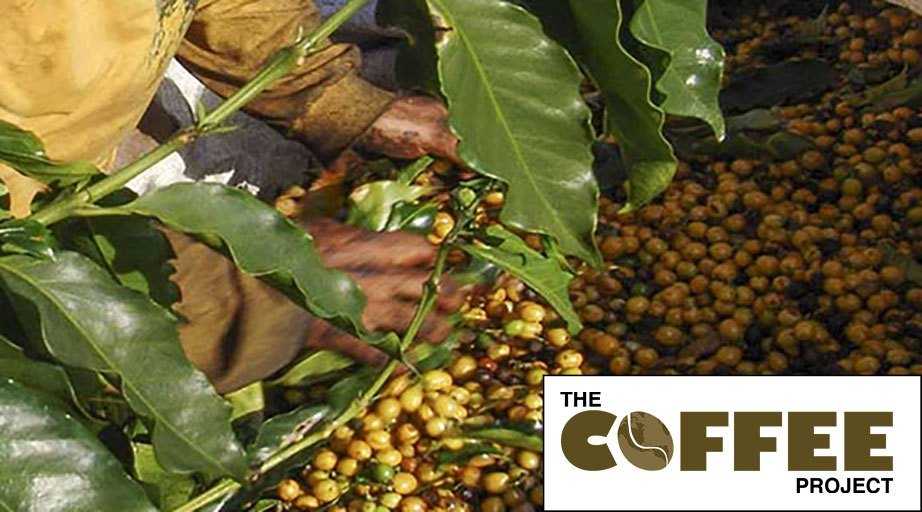Share your coffee stories with us by writing to info@comunicaffe.com.
AMHERST, MA, U.S. – With funding from the U.S. Department of Labor’s Bureau of International Labor Affairs (USDOL-ILAB), Verité is launching the three-year Cooperation On Fair, Free, Equitable Employment (COFFEE) Project. The project involves the creation of a robust compliance system and toolkit on improving labor conditions in the coffee sector, as well as trainings and guidance on implementation of the toolkit.
The project includes three pilot programs in Brazil, Colombia, and Mexico, during which selected tools and innovative practices will be implemented.
A Partner Network of 18 Stakeholders and Growing
The project is based on a robust process of stakeholder consultation to ensure that the perspectives and interests of all stakeholder groups are taken into consideration. Verité has already formed a partner network comprised of ten major coffee roasters and traders, as well as eight prominent industry associations and multistakeholder and certification initiatives.
The framework for a social compliance system will be based on USDOL’s Comply Chain model, as well as practical tools aligned with all eight steps of Comply Chain:
- stakeholder engagement;
- risk and impact assessment;
- development of robust standards;
- communication and training on standards across the supply chain;
- monitoring for compliance;
- remediating violations;
- seeking independent verification; and
- reporting on performance.
Pilot Programs in Three Major Latin American Coffee-producing Countries
Verité has previously carried out research on labor issues in the coffee sector in the three pilot countries of Brazil, Colombia, and Mexico. Additionally, there already exists private sector interest in implementing projects to address the issues identified.
Verité will co-design the pilot programs based on input from partners and international and national-level stakeholder consultations, as well as research findings, to ensure that the pilots are appropriate for the sector and country context and are economically feasible for — and have the support of — key stakeholder groups.
The pilot projects will utilize the guidance and tools created through The COFFEE Project to effect change at a regional level in each of the three countries, and on-the-ground learnings from these pilots will be used to refine the toolkit.















